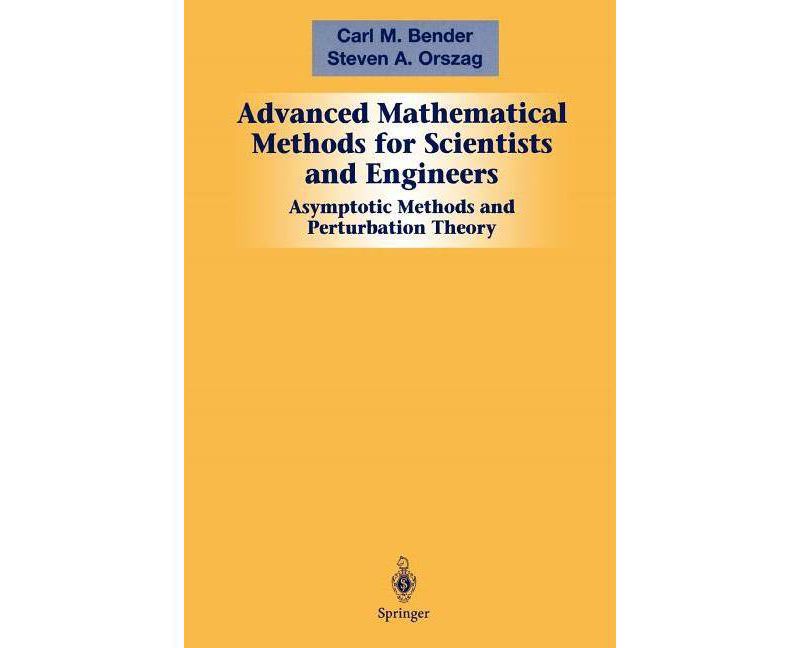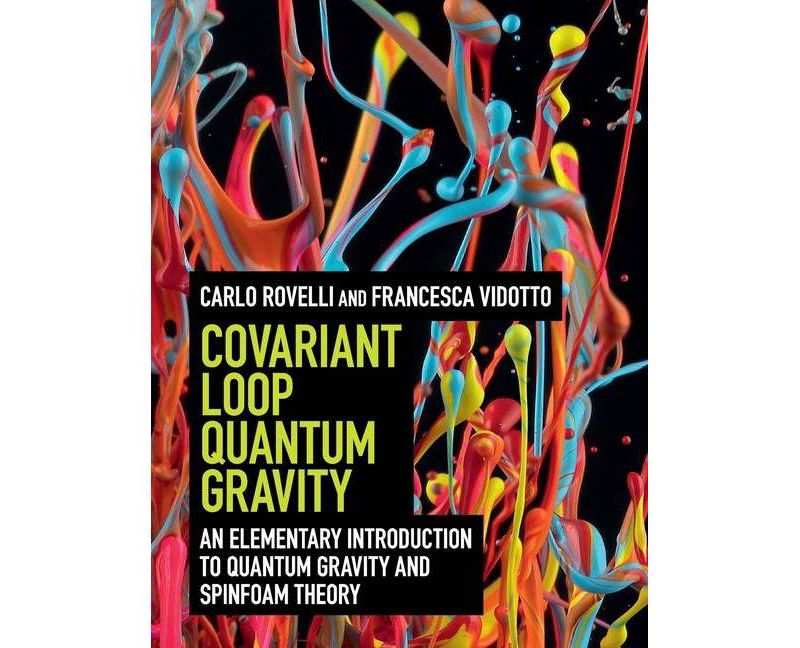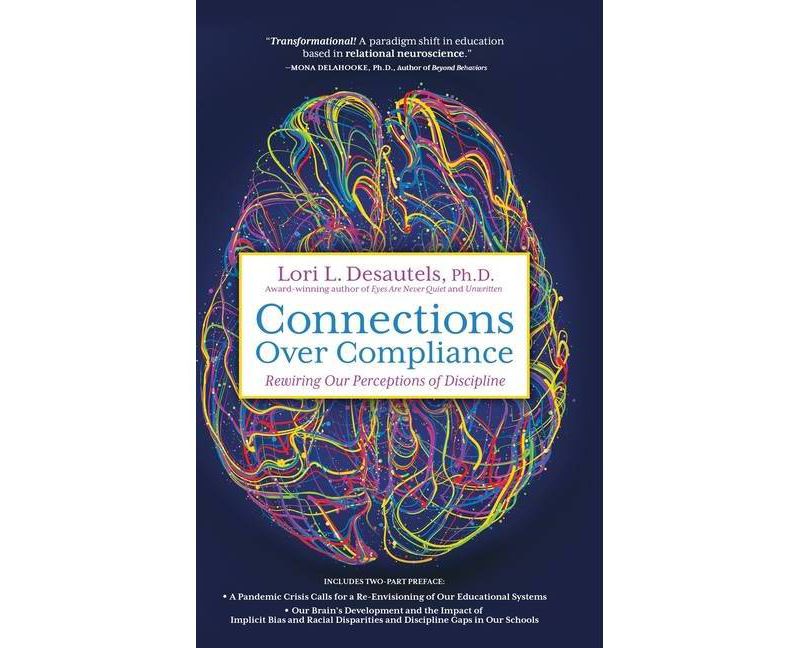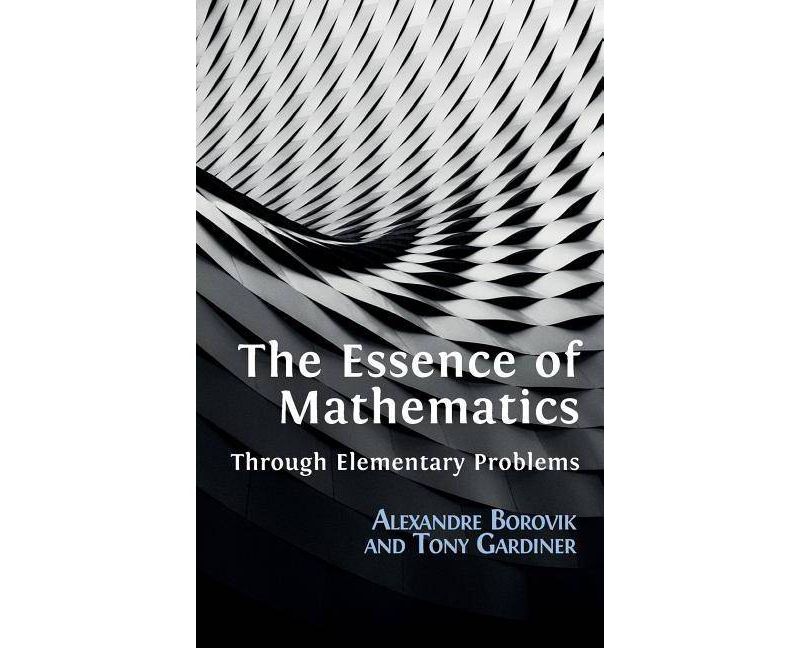Buy Advanced Mathematical Methods for Scientists and Engineers I - by Carl M Bender & Steven a Orszag (Paperback) in United States - Cartnear.com

Advanced Mathematical Methods for Scientists and Engineers I - by Carl M Bender & Steven a Orszag (Paperback)
CTNR803201 09781441931870 CTNR803201$ 75.45 $ 76.99 2% Off
*Product availability is subject to suppliers inventory
SHIPPING ALL OVER UNITED STATES
100% MONEY BACK GUARANTEE
EASY 30 DAYSRETURNS & REFUNDS
24/7 CUSTOMER SUPPORT
TRUSTED AND SAFE WEBSITE
100% SECURE CHECKOUT
Genre: Mathematics
Sub-Genre: Differential Equations
Format: Paperback
Publisher: Springer
Age Range: Adult
Book theme: General
Author: Carl M Bender & Steven a Orszag
Language: English
Book Synopsis
The triumphant vindication of bold theories-are these not the pride and justification of our life's work? -Sherlock Holmes, The Valley of Fear Sir Arthur Conan Doyle The main purpose of our book is to present and explain mathematical methods for obtaining approximate analytical solutions to differential and difference equations that cannot be solved exactly. Our objective is to help young and also establiShed scientists and engineers to build the skills necessary to analyze equations that they encounter in their work. Our presentation is aimed at developing the insights and techniques that are most useful for attacking new problems. We do not emphasize special methods and tricks which work only for the classical transcendental functions; we do not dwell on equations whose exact solutions are known. The mathematical methods discussed in this book are known collectively as- asymptotic and perturbative analysis. These are the most useful and powerful methods for finding approximate solutions to equations, but they are difficult to justify rigorously. Thus, we concentrate on the most fruitful aspect of applied analysis; namely, obtaining the answer. We stress care but not rigor. To explain our approach, we compare our goals with those of a freshman calculus course. A beginning calculus course is considered successful if the students have learned how to solve problems using calculus.Review Quotes
"This book is a reprint of the original published by McGraw-Hill \ref [MR0538168 (80d:00030)]. The only changes are the addition of the Roman numeral I to the title and the provision of a subtitle, "Asymptotic methods and perturbation theory". This latter improvement is much needed, as the original title suggested that this was a teaching book for undergraduate scientists and engineers. It is not, but is an excellent introduction to asymptotic and perturbation methods for master's degree students or beginning research students. Certain parts of it could be used for a course in asymptotics for final year undergraduates in applied mathematics or mathematical physics.
This is a book that has stood the test of time and I cannot but endorse the remarks of the original reviewer. It is written in a fresh and lively style and the many graphs and tables, comparing the results of exact and approximate methods, were in advance of its time. I have owned a copy of the original for over twenty years, using it on a regular basis, and, after the original had gone out of print, lending it to my research students. Springer-Verlag has done a great service to users of, and researchers in, asymptotics and perturbation theory by reprinting this classic." (A.D. Wood, Mathematical Reviews)









































